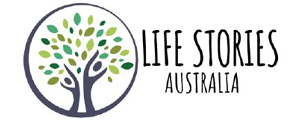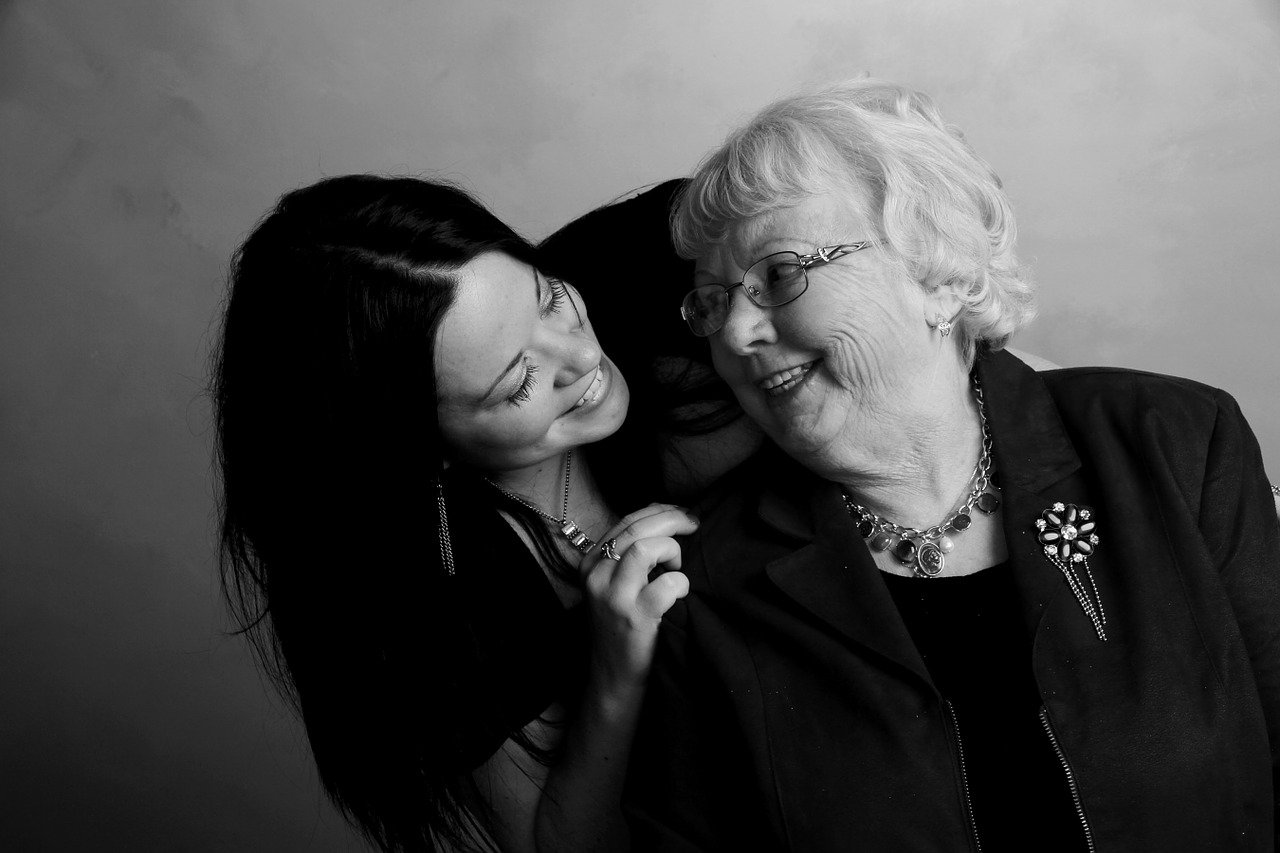My mother died last year. We had a ‘Covid’ funeral with only ten family members in the room. Everyone else Zoomed in.
While tackling the cremation arrangements, we had to write something about her to read out at the funeral service. My sister and brother stepped up and wrote two brilliant speeches which included stories I had forgotten about.
After the funeral, people rang us to say how nicely it went. They followed it by the same two questions: ‘did your mother really know Weary Dunlop’ (yes, she did) and ‘what direction does the queen have her toilet rolls facing?’ (the paper sits away from the wall). My mother worked at the same hospital as Dr Dunlop and used to watch Dad’s rugby matches. ‘Weary’ was a keen rugby player and spectator and he drove her back to the hospital after matches. The reference to the queen is explained by knowing that my mother modelled her life on the queen. Being an avid Women’s Weekly reader, she learned one day to her chagrin that the toilet rolls in our house had been facing the ‘wrong’ way for years! These two little details that my siblings remembered sparked a wealth of comment and reminiscences.
Mum was a good storyteller. As a teenager, I was privileged to learn what she felt and thought about things, what her dreams were. I would prop myself against the laundry door and she and I would natter as she did the weekly ironing. (And why wasn’t I doing the ironing? According to family tradition, no daughter in our family has ever been as good at doing stuff as the mother. That’s something she learnt from her own mother – another story in the making!)
Recently, an elderly gentleman told me he was from the ‘invisible’ generation. He described how he reinvented himself when he stopped working and how no one took notice of him much anymore. How sad! Our elders, particularly our mothers, have contributed so much to our lives, our schools, our communities. One way our society can honour them is to listen to their lives.
Older generations have lived extraordinary ‘ordinary’ lives. Living before mobile phones and computers dictated our days, our mothers organised our lives using different technology. They cooked different food, handmade and mended our clothes, spent more time at home, were possibly more social. Do you know what subjects your mum was good at in school? Do you know what she wore to school, what she ate at lunchtime? Wouldn’t you like to know what your mum thought about your dad the first time she saw him? Grandkids especially love finding out that sort of stuff. It converts Grandma into a person who was once young like them.
If you don’t know what to get your mum for Mother’s Day, why not hire a life storyteller? We ask the questions family members don’t think of and it will save you time. Your mother will have the present of a lifetime – her lifetime – and leave her legacy after she has gone.
Susan Pierotti loves hearing the stories of older people. She became interested in life story telling after she edited City Kid, the memoir of retired Melbourne actress Lola Russell. Susan lives in Melbourne with her husband. She was a professional violinist for forty years and is now an editor, indexer and writer. (She still fiddles on the side).



Follow Us